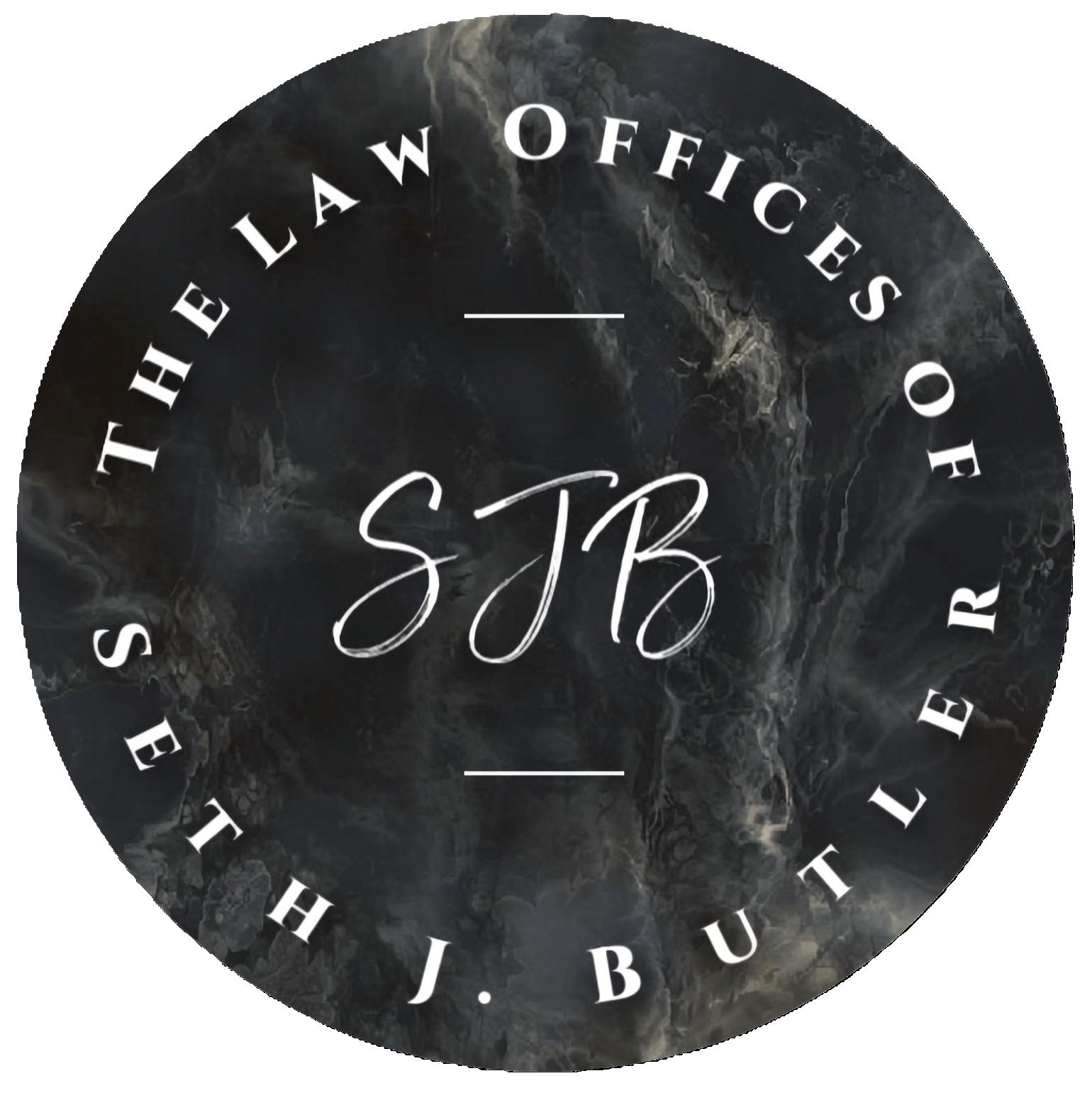
Workers' Compensation: Coverage When You're at Fault
Understanding Workers' Compensation as a No-Fault System
Navigating workers' compensation laws can seem overwhelming, yet one reassuring fact is that these systems are designed to be inclusive. Georgia operate under a no-fault system. What this means is that employees don't need to prove employer negligence to receive benefits. As long as the injury occurred while performing job-related duties, your medical expenses and lost wages are typically covered. This setup allows workers to focus on recovery rather than proving fault.
Exceptions to No-Fault Compensation
While workers' comp is generally a no-fault system, there are exceptions that might disqualify claims. For instance, an injury incurred while under the influence of drugs or alcohol may lead to a denial of benefits. Similarly, if an employee was injured while violating safety rules or engaging in reckless behavior, they might not receive compensation. These exceptions underscore the importance of following workplace protocols and maintaining a safe work environment.
Challenges from Employers or Insurers
Even in a no-fault system, obtaining workers' compensation can sometimes be a challenge due to disputes from employers or insurance companies. They may argue that the injury wasn't work-related, there's insufficient evidence, or the claim was reported late. This is why it's crucial for employees to diligently document the incident and seek legal help if their claims face resistance. Every detail matters, from how the accident happened to immediate steps taken post-injury.
What to Do if Your Claim is Denied
Don't lose hope if your workers' compensation claim is initially denied. Many claims are rejected at first but can become successful upon appeal with additional evidence or legal representation. Consider gathering extra documentation, such as medical records, eyewitness statements, and any safety reports. Seeking professional advice can also be instrumental in navigating these complex proceedings and overturning denials.
Receiving workers' compensation when you're at fault might initially seem daunting, but understanding your rights and the claims process is essential. While rare exceptions apply, the majority of workplace injuries are covered. Being informed, acting swiftly, and consulting legal support when necessary can ease the journey to securing the compensation you deserve.
